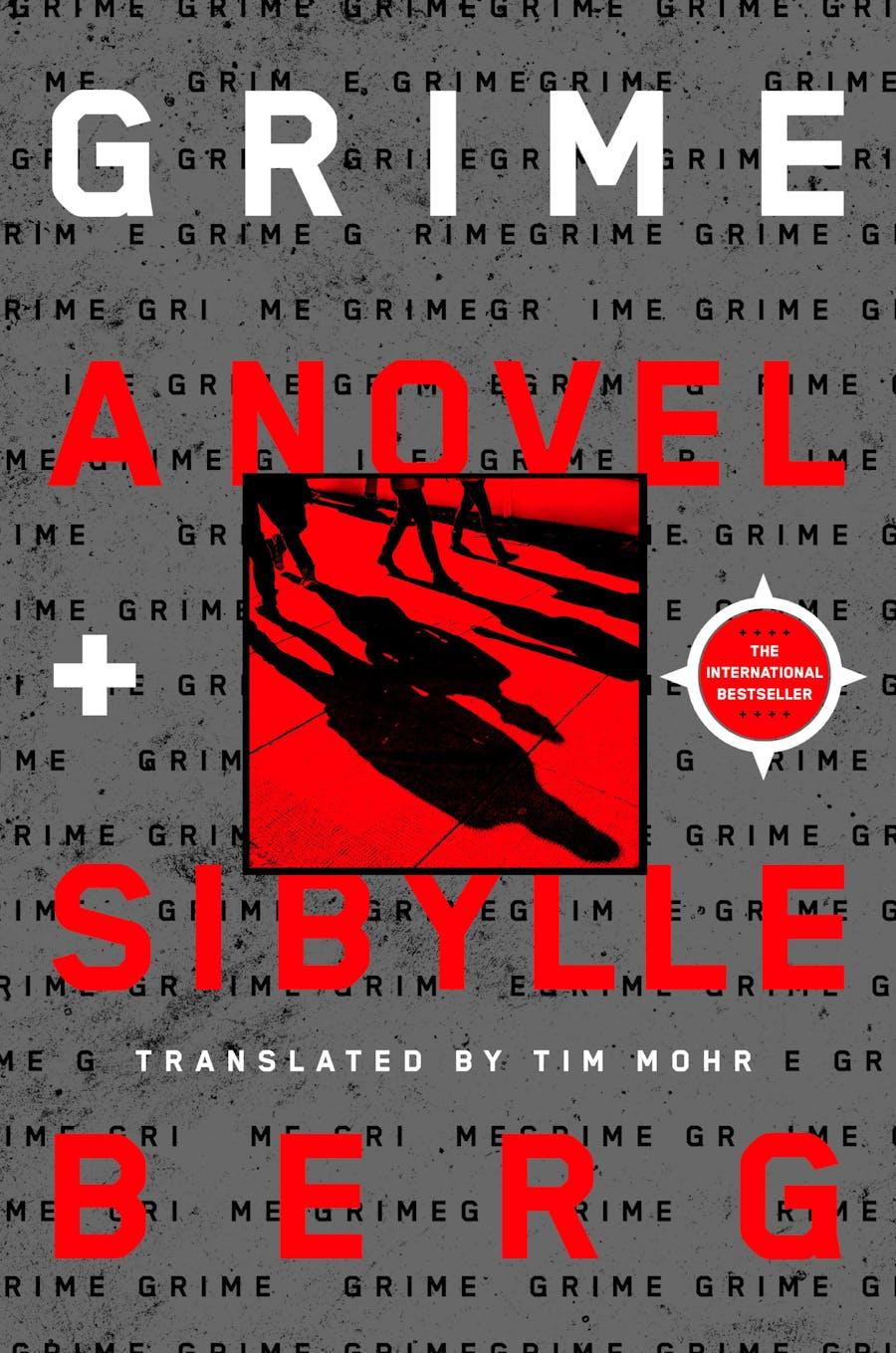GRIME
The first English translation of iconic Swiss-German novelist Sibylle Berg—a ruthless indictment of contemporary society and a strikingly creative manifesto for rebellion.
Rochdale is a town in post-industrial Britain, but it could be anywhere on the digitalized, environmentally-decimated planet: a place devoid of hope, where poverty, violence, and squalor are the near-future consequences of decisions being made at this very moment. Grime is the dazzling multi-voice story of four teenagers haphazardly brought together by individual tragedy and a collective love of grime, the music genre that replaced punk as the sound of the angry and the dispossessed: martial-arts-obsessed Don(atella); Peter, a traumatized Polish boy; Karen, a tech-savvy girl with albinism; and Hannah, an orphan from Liverpool. Despite the increasingly sophisticated workings of an authoritarian surveillance state, the four set out to exact revenge on the people they hold responsible for their misery. But what starts out as a teen hit squad evolves into a makeshift family as the four kids attempt to create a home on the fringes – both physically and mentally – of society.
In this stylistically innovative epic, acclaimed novelist Sibylle Berg addresses the question currently being debated around the world: where will climate change, artificial intelligence, the rise of right-wing populism, and the inexorable expansion of surveillance lead? This masterful dystopian satire is a merciless and surgically-precise evisceration of neoliberalism, and beneath its rage and brutality beats a deeply human heart.
Grime spent 25 weeks on European bestseller lists and won the Swiss Book Prize.
Sibylle Berg, trans. from the German by Tim Mohr.
Swiss German author Berg makes an impressive English language debut with this harrowing dystopian tale, set in a near-future England shortly after the unnamed, newly crowned king resigns the throne, ending the British monarchy. The residents of Rochdale, a “shithole near Manchester,” lead despairing lives rife with financial insecurity and substance abuse. Four local teens—Don, Peter, Karen, and Hannah, all fans of the new music genre Grime—end up as friends despite their disparate backgrounds. The most interesting plot elements concern this budding friend group’s efforts to deal with increasing governmental oppression: the country’s new leaders implement a universal basic income, but that policy begins to erode as how much money one receives from the government becomes tied to how many “social points” citizens accrue. The more social capital one has, the more money one makes, and certain political agitators call for restricting the benefits to the poor or those deemed degenerates. The chaotic and protean nature of Berg’s grim future is conveyed effectively in her clever prose, most notable for the fact that the final sentences of each chapter only end in the beginnings of the following ones. Fans of Orwellian fiction will find this suitably depressing. Agent: Iris Brandt, Verlag Kiepenheuer & Witsch. (Dec.
